March gardening checklist: Plant broccoli seedlings, add compost to soil
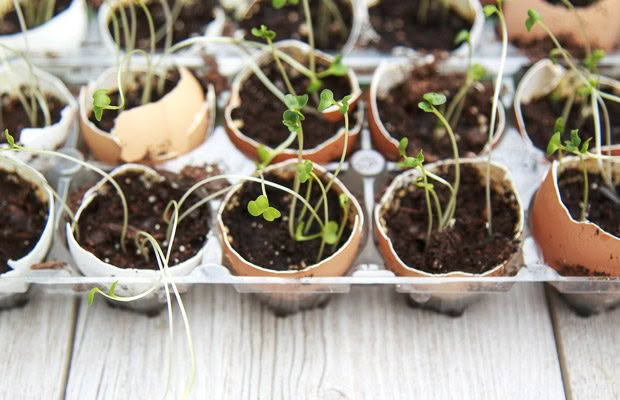
Plant plenty of cruciferous seedlings now for an abundant winter harvest.
Words: Jane Wrigglesworth
Many apple and pear varieties store well. Pears should be picked in semi-ripe condition (they ripen off the tree). Wrap each fruit in newspaper or tissue paper and place in a single layer on a tray
or in a box. They can also be stored on slatted trays with good air circulation without wrapping but don’t let the fruit touch. Discard any damaged fruit as these will grow mould and can infect the whole harvest.
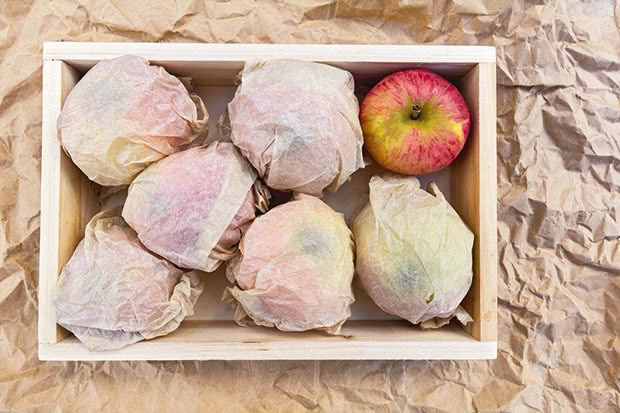
Keep ripening melons dry and off the ground to prevent rotting and pest attack. Place each melon onto an upturned pot so they are exposed to the sun.
Sow or plant lettuce, corn salad, land cress, spinach, silverbeet, spring onions, radishes, parsley, thyme and rosemary.
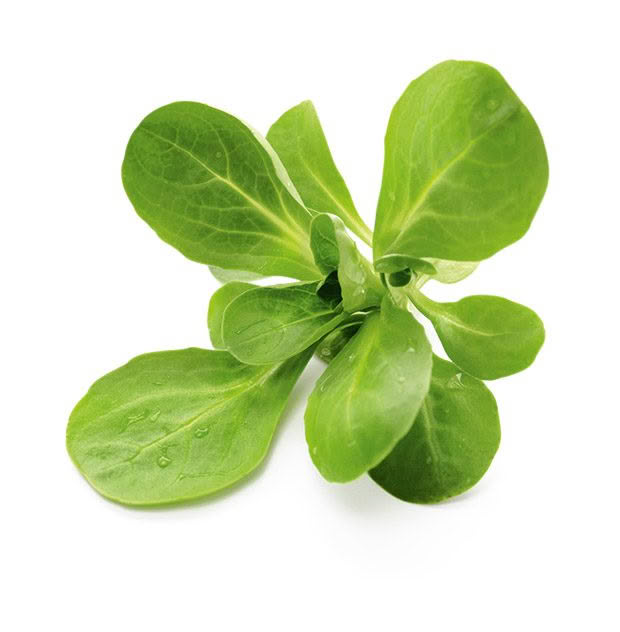
If you’re planting deciduous fruit trees this winter, prepare the soil now. Dig heavy soils and add sand or compost to improve drainage. Remove perennial weed roots as you go.
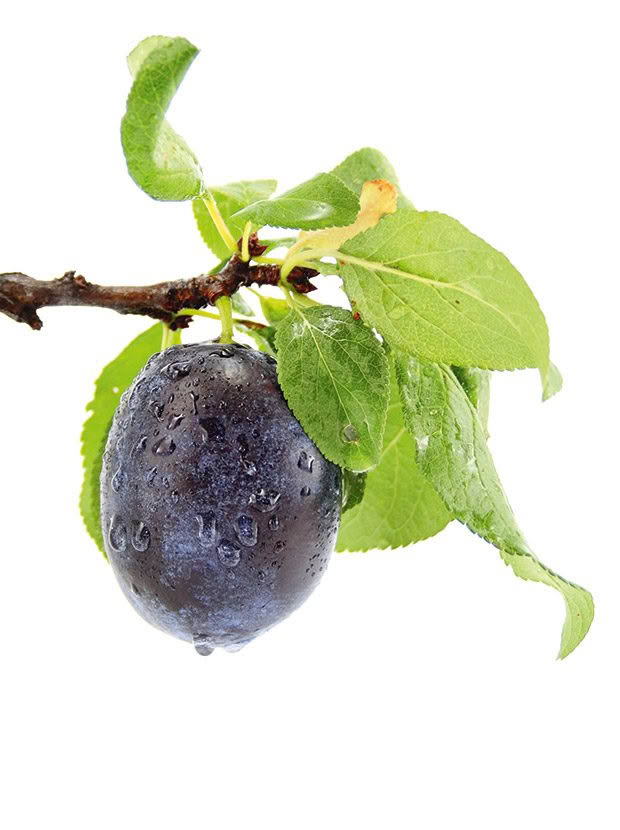
Marrows, unlike the immature fruit of the same plant – courgettes – can be stored for several weeks after harvesting, provided they have no bruises. They can be stuffed with meat and cooked or used to bulk out dishes. Hang them in string bags, suspended on hooks, in a cool, dry place.
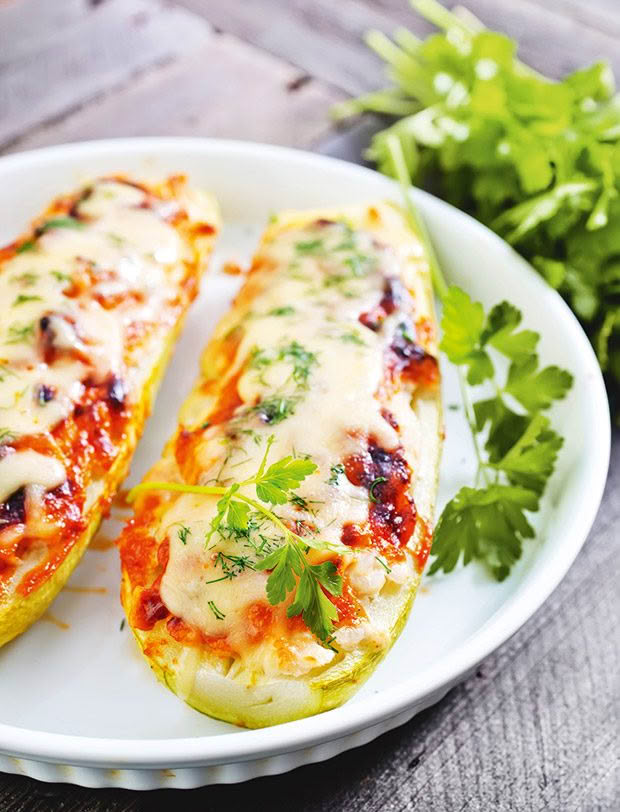
Boost your garden soil. Vegetable gardens are often depleted of nutrients by autumn. Compost is the best all-around soil additive. Add a 10cm layer of compost and lightly work it into the soil, then plant winter crops. If you let the soil rest, the compost will continue to decompose throughout winter and nutrients will seep into the soil, ready for immediate uptake by spring plants. Well-rotted animal manure, sawdust and chopped leaves are also good options.
In warmer regions, carrots, parsnips, beetroot, swedes and turnips can be sown directly, but avoid highly fertile soils, as it can encourage roots to fork. In cooler regions, sow or plant in tunnel houses.
Plant seedlings of broccoli, cabbages, cauliflowers and kohlrabi.
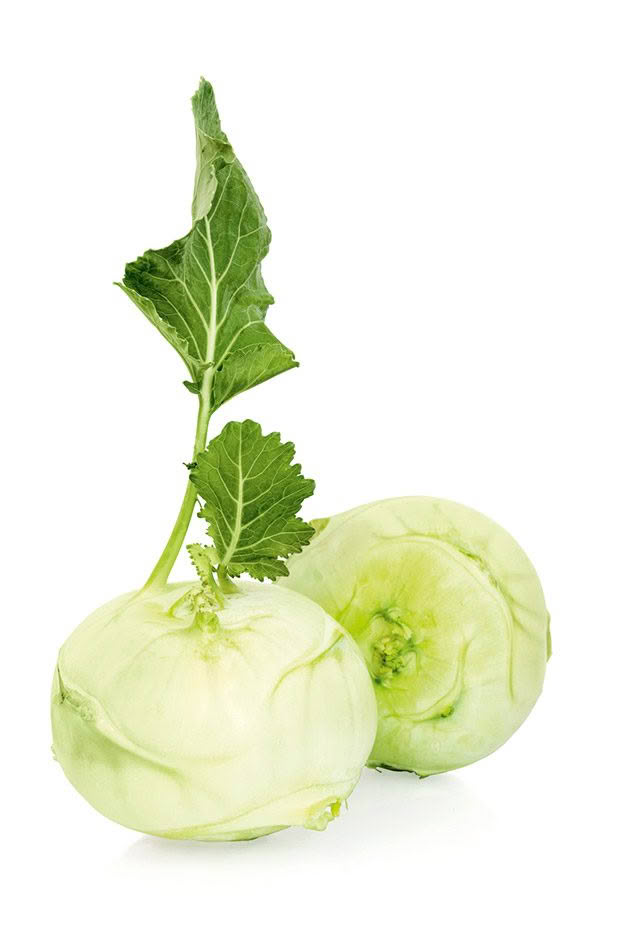
Plant Brussels sprouts in cooler spots. Growing them in warmer regions causes the sprouts to open and become bitter. Before planting, dig in compost or well-aged manure. Ensure the soil is firm as the roots need to be well-anchored to support the top-heavy plants. In windy areas, stake your plants.
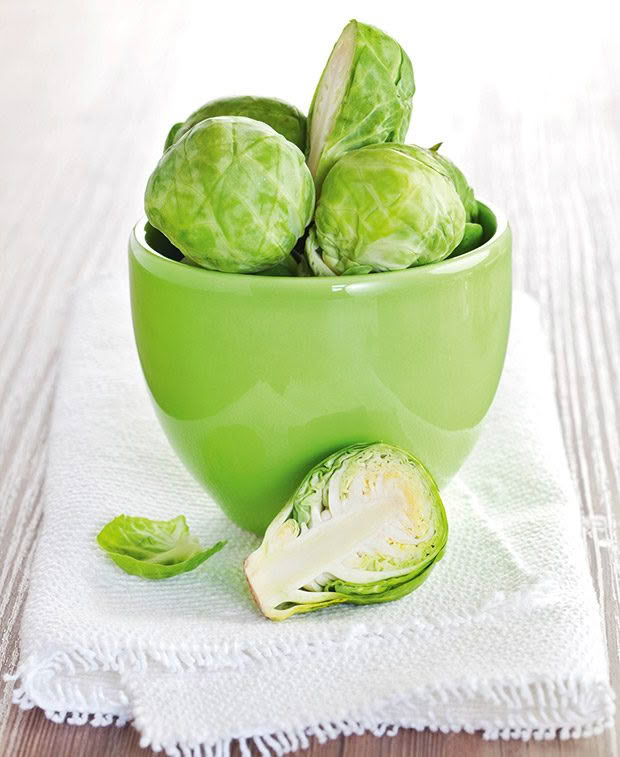
Love this story? Subscribe now!
 This article first appeared in NZ Lifestyle Block Magazine.
This article first appeared in NZ Lifestyle Block Magazine.
